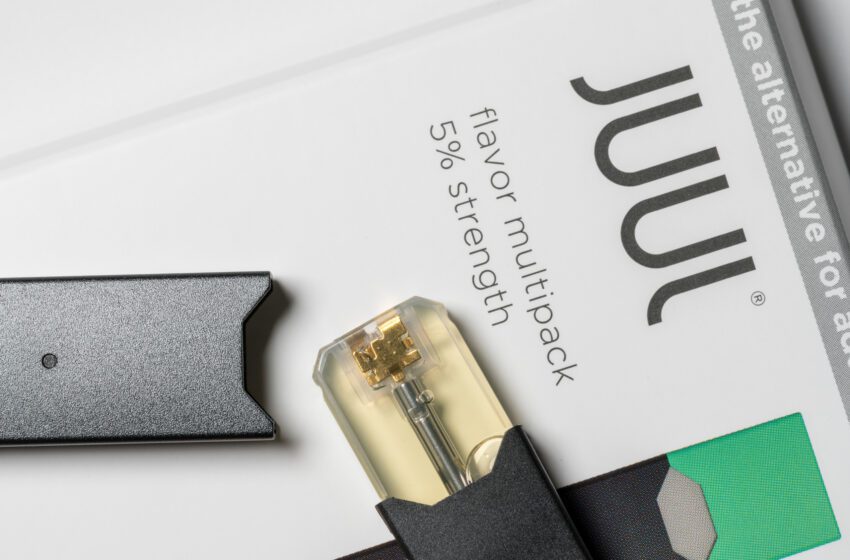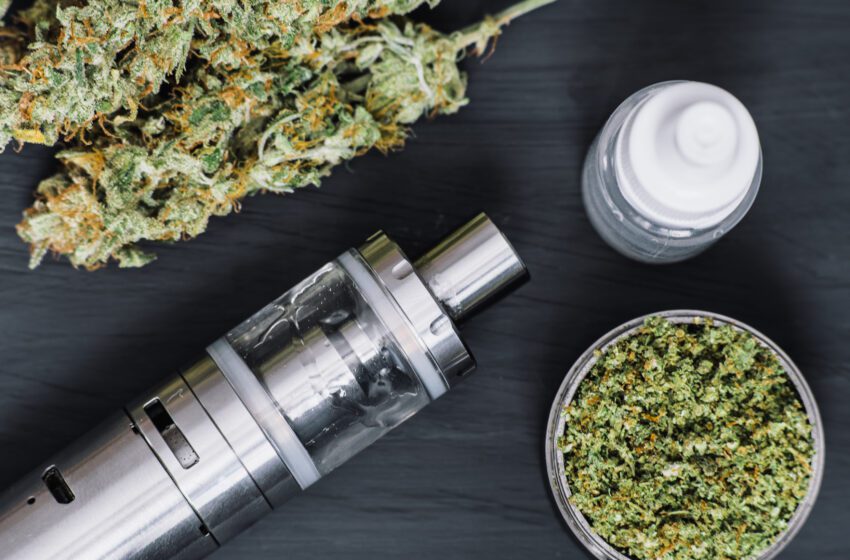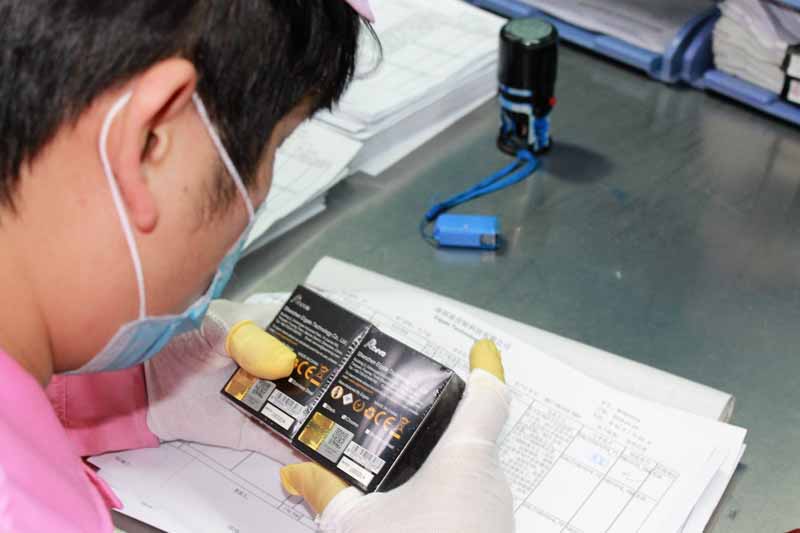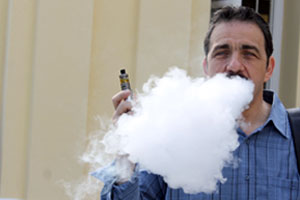California is suing Juul Labs for marketing its products directly to underage teenagers and failing to include health warnings.
Announced on Monday by state Attorney General Xavier Becerra, the lawsuit alleges that the San Francisco company contributed to a public health epidemic by selling tobacco products directly to minors. The suit also accuses Juul Labs of violating the privacy of minors by sending marketing emails to those who failed the age verification on Juul Labs’ website.
The suit also alleges that Juul Labs neglected to inform consumers about health risks associated with the product, such as chemicals linked to cancer and the potential for reproductive harm.
“Juul adopted the tobacco industry’s infamous playbook, employing advertisements that had no regard for public health and searching out vulnerable targets,” Becerra said in a press release.
Since Juul’s launch in 2015, youth vaping in the United States has almost doubled, according to a press statement published by the California Department of Justice. From 2017 to 2019, e-cigarette use among high school students rose by 135 percent. The majority of underage e-cigarette users report that Juul is their usual brand.
A spokesperson for Juul Labs said the company is “focused on resetting the vapor category in the U.S. and earning the trust of society by working cooperatively with attorneys general, regulators, public health officials and other stakeholders to combat underage use and convert adult smokers from combustible cigarettes.”










